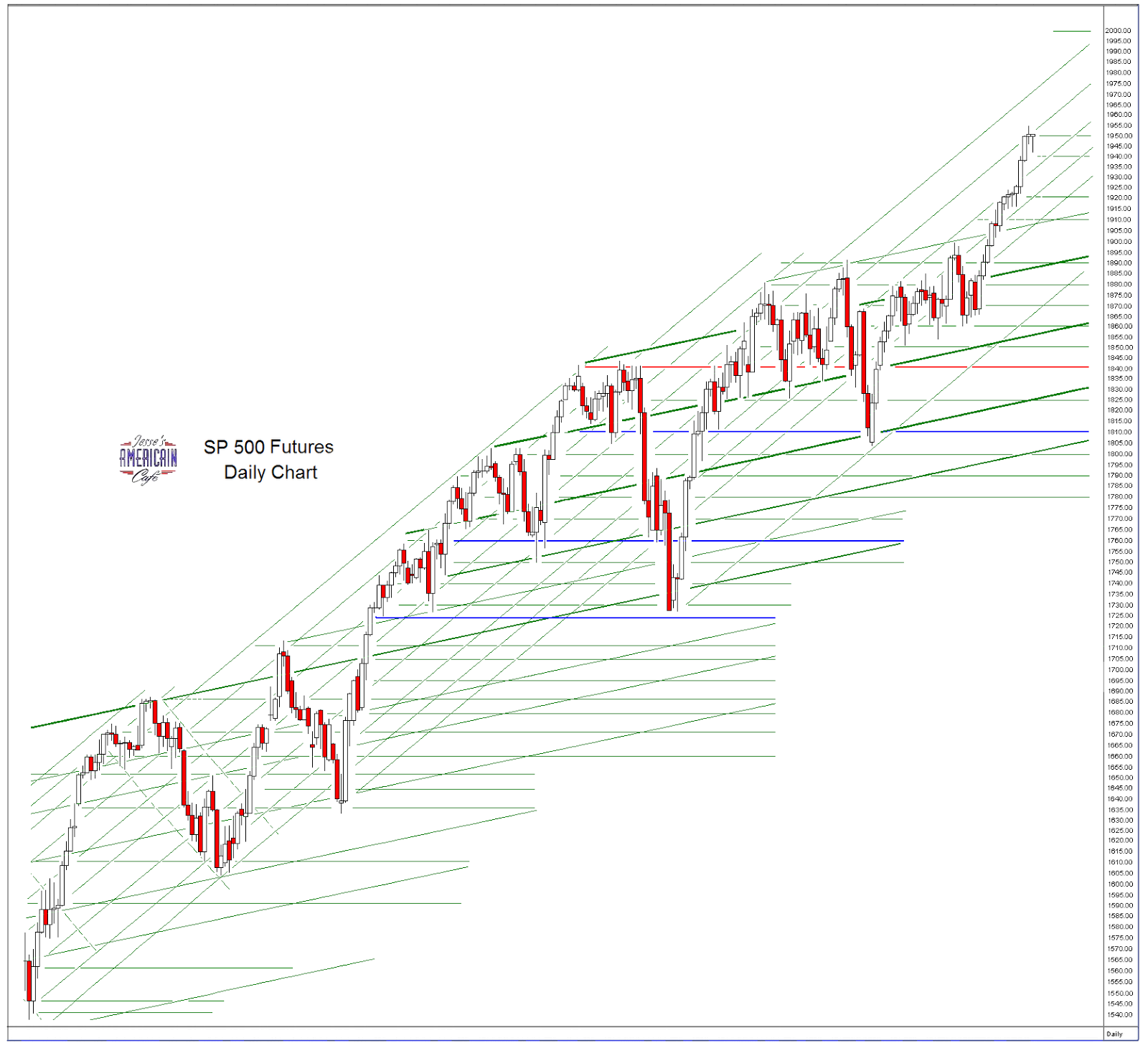Like most complex subjects reduced to a ten minute summation, there are plenty of nuances lost here, and one might certainly take issue with some of the conclusions. And the perspective of the discussion is largely centered on the US and Europe.
Nevertheless, I like the succinct overview of certain key events in recent world monetary history that lead up to the situation in which we find ourselves today.
Since most people are abysmally ignorant of where we have been, perhaps that is a good place to start once again, for those of you who have not heard this previously.
I would have liked them to have dealt with the gold confiscation and revaluation of 1933, in which FDR used the nation's gold to recapitalize the banking system, and changing the nature of the US currency while devaluing it, but that might have become over complicated. Most do not understand it for what it was, a currency transformation.
People tend to discuss money from an emotional basis, and that is understandable. I don't consider myself a 'hard money' person
per se. At this point I would merely wish governments to leave gold and silver alone, and allow them to function as a private market force, co-existing with whatever currency schemes they choose to set up. The monetary authorities struggle with this concept, because they inevitably seem to abuse the currency system and resort to increasing amounts of fraud and force. This is not a facet of government, but of bad government.
I am not in favor of a 'gold standard' for that reason now, because that would merely allow governments to once again monopolize the metals and set the prices artificially in order to control them. Gold cannot cure the corruption in the current political system, and could quickly be turned into a force for more repression. Better that the metals exist as free market alternatives for those who may choose them.
After listening to this presentation, one can surely understand why the central banks both fear and covet gold. It resists their wills, but has a natural tendency to be seen as money.
I do think that the nature of gold, and how it has been used as money over thousands of years, illustrates several important qualities that any sustainable monetary system must emulate and approximate. Those who dabble in monetary theory would do well to understand them.
De Gaulle's words are quite important, and I am glad they include that piece in which Charles de Gaulle speaks to the 'exorbitant privilege' of the US Dollar. The principled objection he is raising is the same question being raised by the BRICs today, and the resolutions being discussed behind the scenes are quite contentious over some of these very issues.
As you know, I suggested one solution would be an SDR, but reconstituted with a more contemporary and inclusive weighting system, together with a mechanism that does not permit the IMF to issue amounts of SDRs at will. The problem is that the IMF is dominated by the
status quo and the Banks, and really no single class of people is capable of wielding that sort of discretionary power well for any period of time. So I don't see that happening yet, because an acceptable version of it is being fiercely resisted by the Anglo-American banking cartel. They are content to continue with their looting of the system for the foreseeable future.
Money is power, after all, and greed will too often refuse to relinquish any power or claim willingly, even to its own destruction. The American abuse of financial power for political purposes is causing a bifurcation in global finance, along the expected fault lines, and it will be interesting to see how that develops.










































